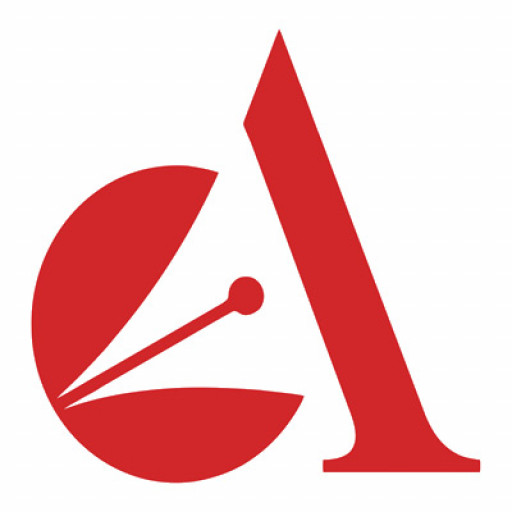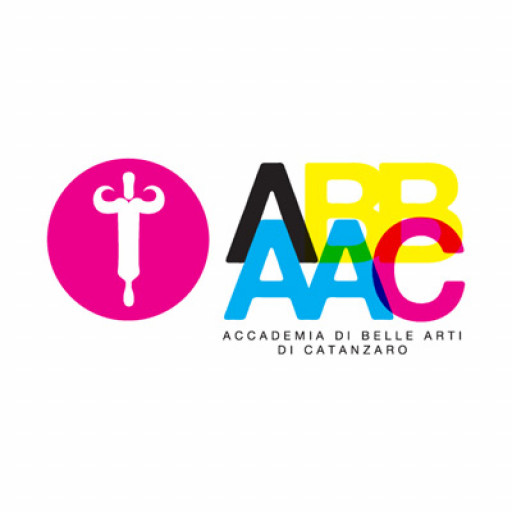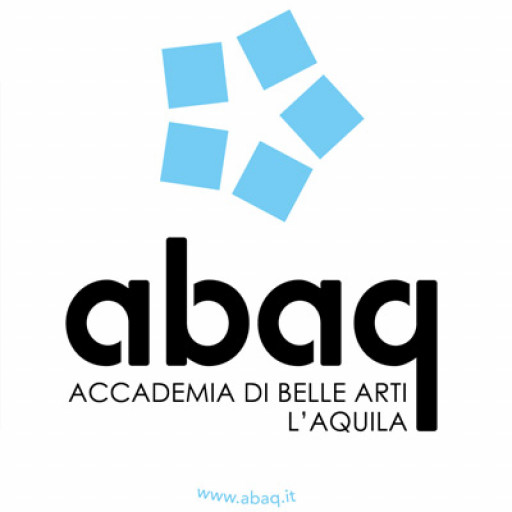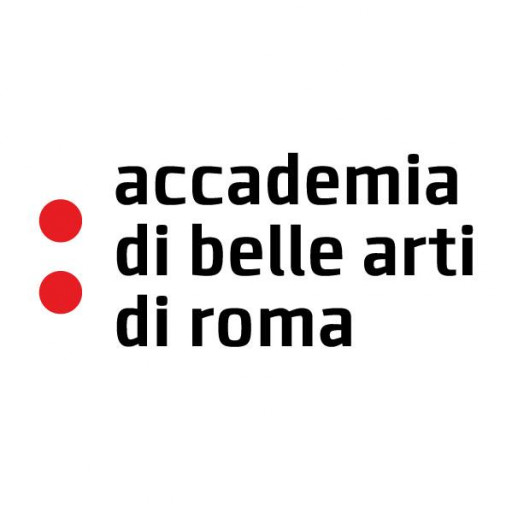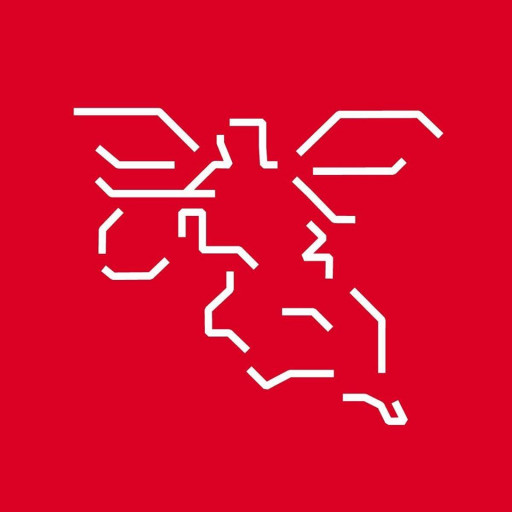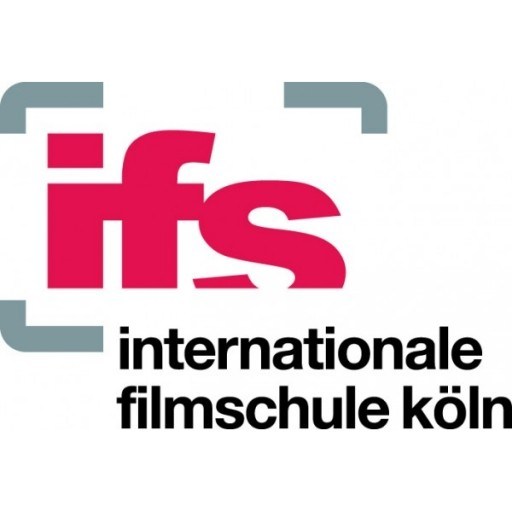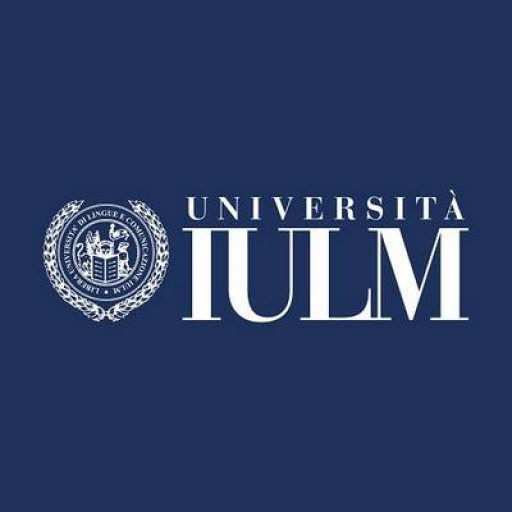Photos of university / #uniessex
The BA in Film Studies and Literature at the University of Essex offers students a comprehensive and interdisciplinary exploration of cinematic arts and literary texts. This programme is designed to develop critical thinking, analytical skills, and a deep understanding of the relationship between film and literature within cultural and historical contexts. Students will engage with a diverse range of films, from classic to contemporary, alongside a wide array of literary works across genres and periods. The curriculum covers key theoretical approaches, historical developments, and practical filmmaking techniques, providing a holistic understanding of the medium's evolution and its societal impact. Throughout the course, students will analyze film narratives, visual aesthetics, and storytelling techniques, gaining insight into the creative and technical aspects of filmmaking. Simultaneously, they will examine literary devices, thematic elements, and narrative structures found in novels, poetry, and other written forms. By integrating these two disciplines, the programme encourages students to develop a nuanced perspective on how stories are constructed and communicated across different media. The programme also emphasizes research skills, critical writing, and presentations, preparing students for careers in various sectors such as media, publishing, cultural management, and academia. With opportunities for practical projects, placements, and collaborations with industry professionals, students will gain valuable experience and enhance their employability. The University of Essex's supportive academic environment and access to excellent resources, including modern screening facilities and extensive library collections, enrich the learning experience. Graduates of this programme will be equipped with a broad and versatile skill set, capable of engaging with complex texts and visual culture, making them well-prepared for further study or entry into creative and media industries.
Detailed Course Facts
Application deadline January 15 Tuition fee- GBP 9000 Year (EEA)
- GBP 11950 Year (Non-EEA)
- English
Course Content
The special characteristics of our courses are flexibility and choice. In your first year, you usually take four or five modules that include pre-requisite(s) for your course but, in many cases, mean you can try subjects you have not come across before. If you are taking a humanities or social science, then you have the greatest choice, as most of our first-year modules do not assume any specialist knowledge.
With a small number of exceptions, if you successfully complete the first year of your BA, then you are qualified to enter the second year of that course and a range of other courses: for example, if you take economics, politics, philosophy and sociology, then you have a choice of at least nine possible single or joint honours courses at the end of your first year. This means you can change your course, providing you have taken the appropriate pre-requisites and places are available. We offer a range of optional modules in your second- and final-years and most courses allow you to undertake a final-year project, an individual piece of research on a topic that interests you.
We operate a credit framework for our awards, which is based on principles widely used across the UK university sector. Each module has a credit rating attached and our standard three-year course consists of 360 credits (120 credits in your first year, and 240 credits across your second and final years).
Please note that module information on our course finder provides a guide to course content and may be subject to review on an annual basis.
Year 1
Introduction to Film;
Introduction to Literature;
The Enlightenment; and
one outside option
Year 2
Narrative and Film;
Approaches to Text;
Versions of Modernity or United States Literature, 1850-1950; and
one film option
Year 3
Two film options; and
two literature options
English Language Requirements
IELTS band : 6
To study at this university, you have to speak English. We advice you to
take an IELTS test. More About IELTSRequirements
- A-levels: ABB-BBB, including one A-level in a humanities subject
- GCSE English: C
- BTEC Extended Diploma: DDM in Fine Art or Media
- IB: 32-30 points (we consider IB certificates at the Higher Level on a case-by-case basis)
- Achievement of the Access to HE Diploma with a minimum of 6 level three credits at distinction and the remainder at merit (or above) or achievement of the Access to HE Diploma with a minimum of 45 level three credits at merit (or above).
English language requirements for applicants whose first language is not English: IELTS 6.0 overall with minimum 5.5 in each component (or equivalent). Different requirements apply for second year entry.
Work Experience
No work experience is required.
Related Scholarships*
- Academic Excellence Scholarship
"The Academic Excellence Scholarship can provide up to a 50 % reduction in tuition per semester. These scholarships will be renewed if the student maintains superior academic performance during each semester of their 3-year Bachelor programme. The scholarship will be directly applied to the student’s tuition fees."
- Access Bursary
Bursary for UK students all subjects where the variable tuition fee rate is payable.
- Alumni Bursary
Alumni Bursary for UK Undergraduate students
* The scholarships shown on this page are suggestions first and foremost. They could be offered by other organisations than University of Essex.
Funding
For up-to-date information on funding opportunities at Essex, please visit: www.essex.ac.uk/studentfinance.
Film Studies and Literature at the University of Essex offers an interdisciplinary approach to understanding the history, theory, and critique of cinema alongside an exploration of literature across various periods and genres. The program is designed to develop critical analysis skills, encouraging students to examine film and literary texts from multiple perspectives, including cultural, social, and theoretical viewpoints. Students will engage with a diverse curriculum that covers fundamental concepts in film analysis, filmmaking techniques, narrative structures, and the relationship between film and literature. The course involves a combination of lectures, seminars, workshops, and independent research, enabling students to develop their analytical writing and presentation skills. The program aims to prepare graduates for careers in media, publishing, education, and cultural industries, or to continue their studies at postgraduate level. Throughout their studies, students have access to state-of-the-art facilities, including screening rooms, extensive libraries, and digital resources. The university also fosters a vibrant cultural environment through film screenings, literary events, and partnerships with creative organizations. Assessment methods include essays, presentations, project work, and examinations, all designed to deepen students’ understanding and encourage original thinking. The program emphasizes independent research skills and critical engagement, equipping graduates to contribute thoughtfully to discussions on cinema and literature. Overall, this program combines rigorous academic study with practical skills, making it suitable for students passionate about visual arts and literary analysis.

